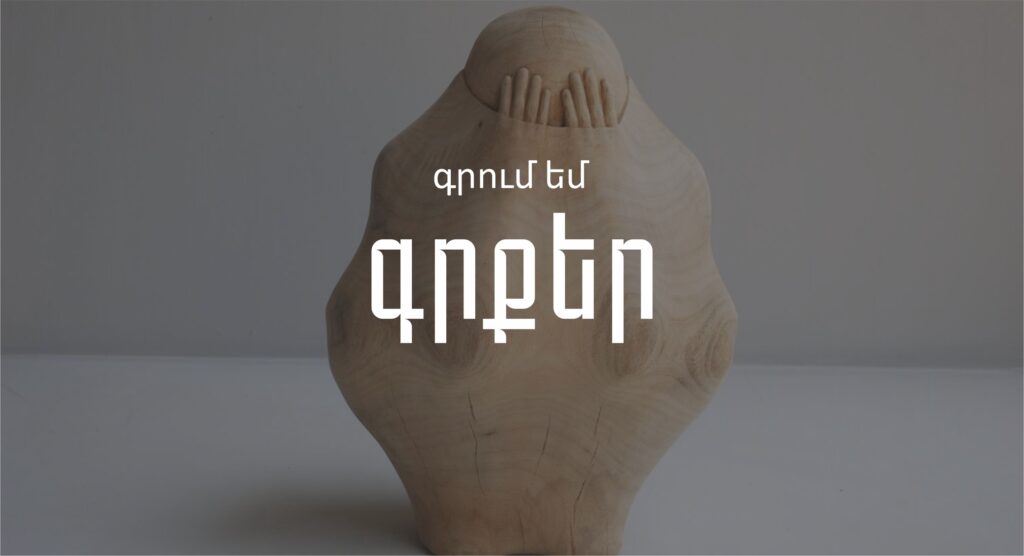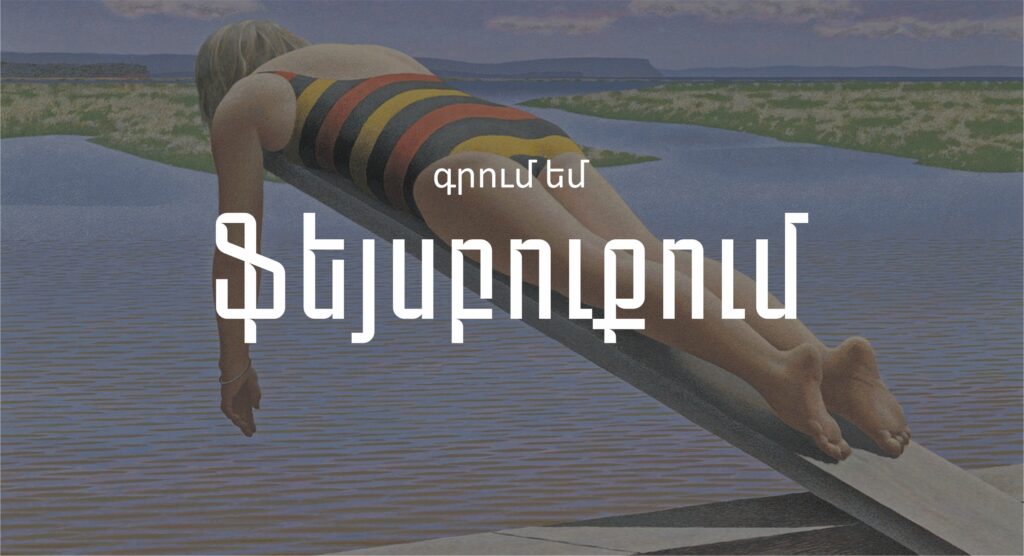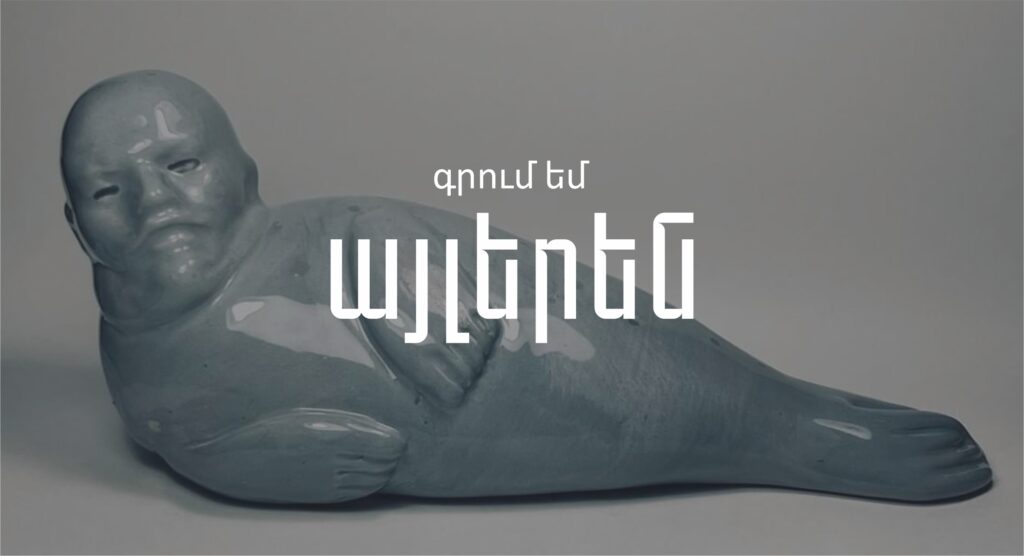Asbarez daily | Translated by Aris G. Sevag
Summarizing 2010, it can certainly be said that it was a turning point, and it became the beginning of a qualitatively new stage of development and reevaluation for contemporary Armenian literature. The first reason was the boom in Internet communication, which lifted the literary process that was self-absorbed and stagnated because of the media vacuum in Armenia into the living environment of online dissemination and discussion. During the entire post-Soviet period, modern Armenian literature had never been so close to the wide circles of readers as this year.
The Internet made it possible to disseminate literature, sometimes even giving literary reflections on the hottest public topics through journalistic means, by circumventing the rotten and ineffective state mechanisms of book circulation. This year, the young literary generation with aspirations of creating new literature gave the first stimuli of self-determination, and finally, this year for the first time, the fallacious concept of “we don’t have contemporary Armenian literature” was reconsidered by the mass media.
The second most important event was the declaration by UNESCO that Yerevan had been chosen the 2012 world book capital. At first glance, this circumstance seems ludicrous, given the absence of substructures and traditions of a literary marketplace, the shattered and morally exhausted economy of our library system, the extremely limited print run of books by contemporary Armenian authors and the infamous quality of state-sponsored books, and the lack of public interest in literature and writers.
However, I view that more as a serious stimulus to wake up and change the state of affairs. One can only hope that besides the events on the agenda, we will also have serious governmental attention and support in the matter of increasing public interest toward the supremacy of literature and knowledge. The National Assembly vote in favor of the laws “About Language” and “About General Education” endorsing the opening of foreign-language schools in Armenia can be considered the disgrace of the year.
Such undertakings as these in a world moving toward globalization are bound to condemn the Armenian language, which has few bearers, to a slow death and assimilation. As an Armenian, as an Armenian writer, and as a citizen of the Republic of Armenia, I express my displeasure to the authors of such initiatives, and I voice my skepticism about their ethnic affiliation and the truth of their serving to defend our national interests.
I consider the following the most important guidelines in 2011 to make modern Armenian literature recognizable and create a demand for it:
a. The increase of interest in literature on the part of Armenian television;
b. The digitalization of the Armenian-language literary legacy and its appropriate presentation on the Internet;
c. The translation of works by Armenian authors and its presentation to foreign-language readers.
Furthermore, my principal apprehension concerns the aspirations expected of the political forces to use writers, their minds and pens in the coming pre-election campaign, whose combatants are already arming themselves.
I am of the opinion that if the current sad state with respect to the preservation of the Armenian language, the establishment of the supremacy of knowledge, the encouragement of reading, and the mass dissemination of literature is ever to change, then it must do so through our own efforts. It is not all that important whether we achieve those goals by personal example, public-political activity or other possible means.
Karen Antashian
Writer, Founder of the Granish Literary Club.




